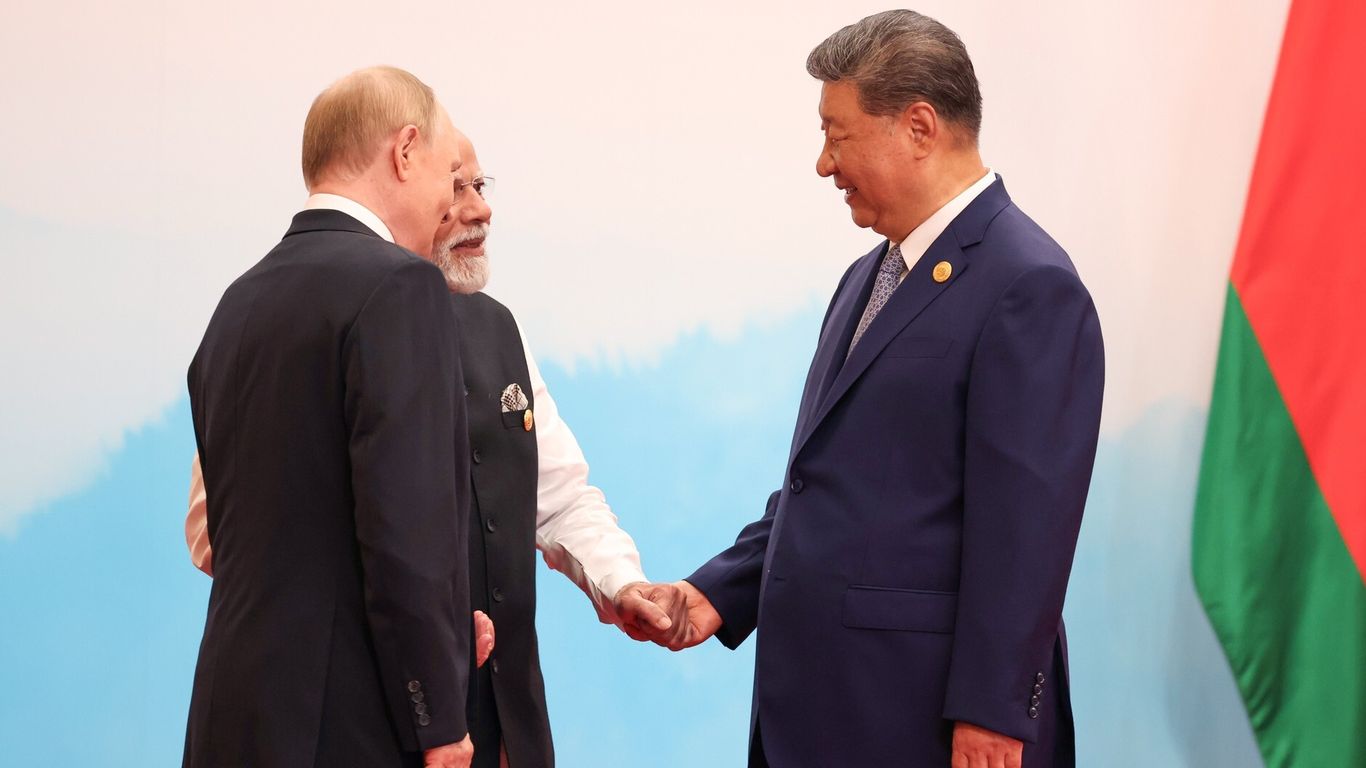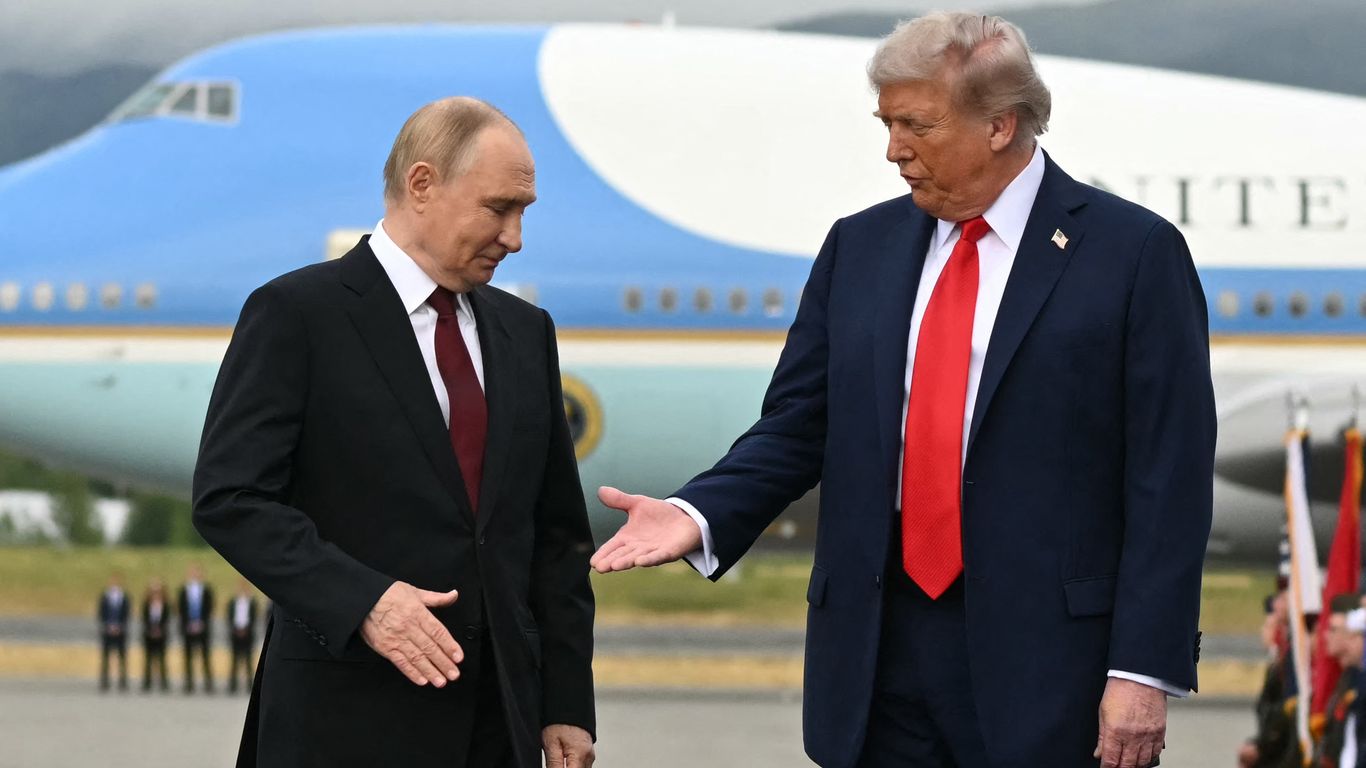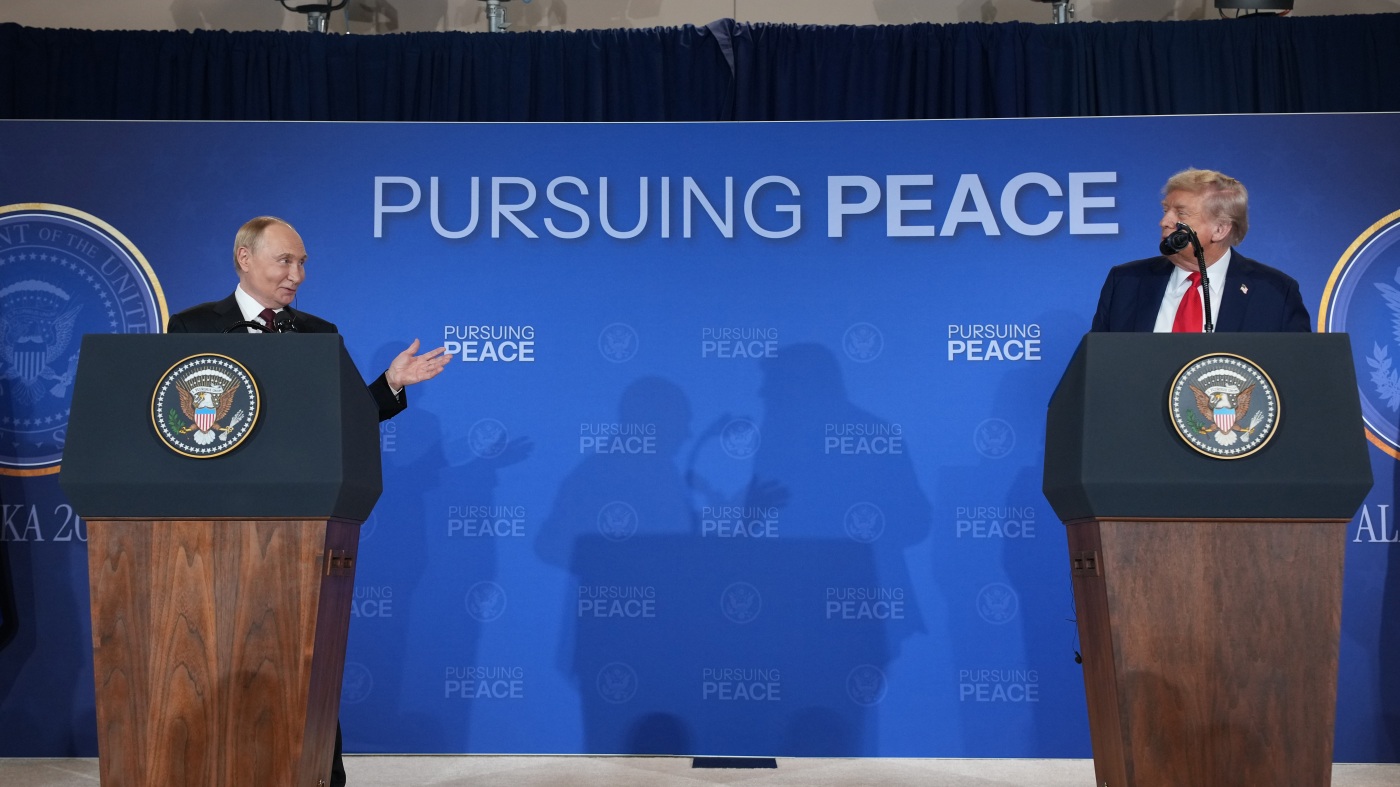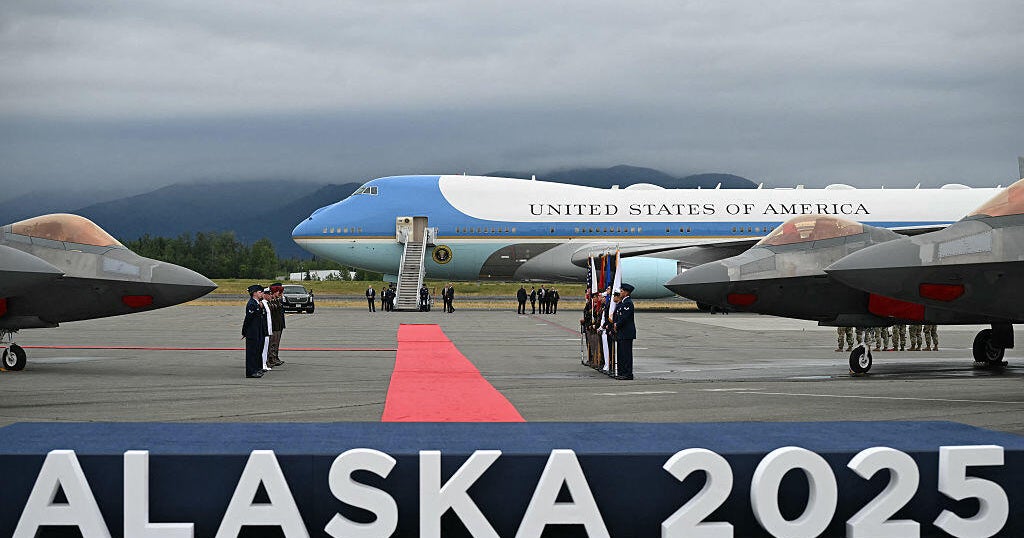Xi, Putin, and Kim: Unity or Discord?

The Power of Unity: Xi, Putin, and Kim’s Show of Strength
When the leaders of China, Russia, and North Korea appeared together on a Beijing red carpet, it was a powerful visual of unity against the West. But experts say this display may have only masked underlying tensions and fissures between the three nations.
The Unstoppable Rise of China
Chinese President Xi Jinping boasted that this gathering was a testament to China's unstoppable rise on the global stage. However, analysts point out that this event may have been more of a show of China's soft power, rather than a true display of strength and unity.
Behind the Scenes
While the three leaders may have put on a united front, behind the scenes, there are still conflicting interests and power dynamics at play. Both Russia and China have been critical of North Korea's nuclear ambitions, while North Korea has been hesitant to fully align with either country.
About the People Mentioned
Xi Jinping
Xi Jinping is a prominent Chinese politician born on June 15, 1953, in Fuping, Shaanxi Province. He is the son of Xi Zhongxun, a veteran of the Chinese Communist Party (CCP). During the Cultural Revolution, Xi was sent to rural Yanchuan County, Shaanxi, where he eventually joined the CCP in 1974. He studied chemical engineering at Tsinghua University as a worker-peasant-soldier student and later earned a Doctor of Law degree from the university through an in-service graduate program in Marxist theory and ideological and political education[1][5]. Xi rose through the ranks of the CCP, serving as governor of Fujian from 1999 to 2002 and then as governor and party secretary of Zhejiang from 2002 to 2007. He briefly served as the party secretary of Shanghai in 2007 before joining the Politburo Standing Committee the same year. In 2012, he became the general secretary of the CCP and chairman of the Central Military Commission, marking the beginning of his tenure as China's paramount leader. Since 2013, Xi has also held the position of President of the People's Republic of China[1][3]. Under Xi's leadership, China has made significant strides in reducing poverty and curbing corruption. He has been praised for his efforts in these areas, which were highlighted in a historical resolution passed by the CCP in 2021[3]. Recent developments include Xi's re-election to a third term as general secretary of the CCP in October 2022 and his third term as president of China in March 2023, following constitutional changes that removed term limits for the presidency[3]. Xi's influence has been further solidified by the composition of the 20th Politburo Standing Committee, which consists of his loyalists[3].
Vladimir Putin
Vladimir Putin is the current President of Russia, a position he has held for multiple terms since 2000, with a brief interlude as Prime Minister from 2008 to 2012[1][3]. Born in Leningrad (now Saint Petersburg) in 1952, Putin began his career in the Soviet Union’s security services, joining the KGB in 1975 and rising to the rank of Lieutenant Colonel by the time he left in 1991, following postings in East Germany and Leningrad[4]. After the Soviet Union’s collapse, he transitioned into politics, serving as an adviser to Saint Petersburg Mayor Anatoly Sobchak and later moving to Moscow, where he held various administrative roles under President Boris Yeltsin[6]. Putin was appointed Prime Minister in August 1999 and became acting President when Yeltsin unexpectedly resigned that December[3][6]. He won his first presidential election in March 2000, promising to stabilize Russia’s economy and political system after the tumultuous 1990s[3][7]. During his initial terms, he centralized power, reasserted federal control over Russia’s regions, and curtailed the influence of the country’s oligarchs through legal and economic measures[7]. Putin was re-elected in 2004 but, due to constitutional term limits, stepped aside in 2008, becoming Prime Minister under his successor Dmitry Medvedev, while retaining significant influence[3]. Constitutional amendments later extended presidential terms, and Putin returned to the presidency in 2012[1]. Putin’s time in office has been marked by assertive foreign policy, including military interventions in Syria in support of President Bashar al-Assad and the 2014 annexation of Crimea, which led to international sanctions[1]. Domestically, his tenure has seen increased state control over media, the suppression of political opposition, and constitutional changes consolidating executive authority[1]. In 2022, Russia’s full-scale invasion of Ukraine triggered a major international crisis, further isolating Russia from the West and prompting widespread condemnation[1]. As of 2025, Putin remains a dominant figure in Russian politics, having secured another term in office through constitutional changes that allow him to potentially remain president until 2036[1]. His leadership continues to shape Russia’s domestic trajectory and its role in global affairs, amid ongoing conflict in Ukraine and strained relations with NATO and Western countries[1].
Kim Jong-un
Kim Jong-un, born January 8, 1983 or 1984, is the Supreme Leader of North Korea, succeeding his father, Kim Jong-il, upon the latter's death in December 2011.[1][2][7] He is the third leader in the Kim dynasty, which has ruled the Democratic People's Republic of Korea (DPRK) since its founding in 1948, and holds key titles including chairman of the State Affairs Commission, general secretary of the Workers' Party of Korea (WPK), and supreme commander of the Korean People's Army.[1][2] Groomed for leadership from a young age, Kim attended school in Switzerland under a false identity until around 2000, gaining exposure to Western culture before returning to North Korea for military education at Kim Il-sung University.[2][5][6] Designated as "the great successor" in 2010 and promoted to four-star general, he rapidly consolidated power after assuming control, acquiring formal roles such as first secretary of the WPK, chairman of the Central Military Commission, and chairman of the National Defense Commission by April 2012.[1][2] His rule has featured ruthless purges to eliminate rivals, including the 2013 execution of his uncle Jang Song-thaek, a key regent figure, and the 2017 assassination of his half-brother Kim Jong-nam in Malaysia.[1][4] Kim has accelerated North Korea's nuclear and missile programs, overseeing multiple nuclear tests since 2013, intercontinental ballistic missile launches in 2017, and codifying the country's nuclear-armed status in its 2012 constitution.[1][2][5] Notable diplomatic engagements include historic 2018 summits with South Korean President Moon Jae-in and U.S. President Donald Trump, though relations with Seoul and Washington deteriorated into the 2020s amid continued weapons development.[2] In 2016, he was named WPK chairman, further centralizing authority.[2] Kim maintains a cult of personality akin to his predecessors, promoting totalitarian policies, suppressing dissent, and fostering nuclear deterrence amid international sanctions.[1][2][5] As of recent reports, he continues to engage in diplomacy, including a visit to Russia.[2]
About the Organizations Mentioned
China
China is not an organization but a sovereign nation and the world’s second-largest economy, playing a pivotal role in global business and technology. Since initiating economic reforms in 1978, China has transformed from a largely agrarian society into an upper-middle-income country with an average GDP growth of over 9 percent per year for decades, lifting nearly 800 million people out of poverty[2]. The country’s economic model initially focused on investment and export-oriented manufacturing but is now shifting towards higher-value services, domestic consumption, and low-carbon growth to address social, environmental, and structural challenges[2]. China’s government heavily directs industrial policy, promoting domestic innovation and technological self-reliance through plans like “Made in China 2025” and the 14th Five Year Plan (2021-2025). These initiatives target advanced technology sectors such as robotics, aerospace, new energy vehicles, biopharmaceuticals, and high-tech manufacturing, aiming to replace foreign technologies with domestic alternatives and expand China’s global market presence[3]. This industrial strategy combines state subsidies, preferential policies, and strict market access controls for foreign firms, shaping a competitive environment favoring national champions[3]. Despite solid economic growth—real GDP grew by 5.4% year-on-year in early 2025—China faces headwinds including demographic shifts, slowing productivity, a cooling property market, and global trade uncertainties. Growth is projected to moderate to around 4.5% in 2025 and 4.0% in 2026, with fiscal stimulus helping to offset some challenges[1][3][6]. Externally, China remains a major global exporter, with exports outpacing GDP growth in 2025[6]. Notably, China’s governance under President Xi Jinping has tightened control over civil society, media, and minority regions, drawing international scrutiny for human rights issues and repression, especially of Uyghurs and Tibetans[4][9]. Meanwhile, Chin
Russia
Russia, officially known as the Russian Federation, is not an organization but a sovereign state and the largest country in the world by land area, spanning Eastern Europe and northern Asia. With a population of nearly 144 million as of 2025, Russia ranks ninth globally by population and is characterized by significant ethnic diversity, with over 80% identifying as ethnic Russians and numerous minority groups contributing to its cultural tapestry[4]. The capital, Moscow, is a major global city and the country’s political, economic, and technological hub. ## Historical Overview Russia’s history is marked by its transformation from the Tsarist Empire to the Soviet Union and, after its dissolution in 1991, to the present-day Russian Federation. The post-Soviet era saw Russia’s integration into the global economy, though it retained a centralized political system with power concentrated in the presidency[7]. The country’s economy, historically resource-based, relies heavily on oil, gas, and minerals, but has also developed significant industrial, technological, and military sectors. ## Economic Profile and Key Achievements Russia’s economy is the world’s twelfth-largest consumer market, with about 70% of GDP driven by domestic consumption[1]. It has a “very high” Human Development Index ranking and boasts the fifth-highest number of billionaires globally, though income inequality and regional disparities remain pronounced[1]. Major achievements include surviving extensive Western sanctions after the 2022 invasion of Ukraine, maintaining economic stability through increased military spending, and pivoting energy exports to Asia[1][5]. The country has also played a leading role in the BRICS bloc, advocating for reforms in the international financial system and promoting technological innovation among developing economies[6]. ## Current Status and Challenges As of late 2025, Russia’s economy is experiencing a pronounced slowdown, with GDP growth cooling to around 1% after robust expansion in 2023–2024[2][3]. High military expenditure (
North Korea
**North Korea: A Complex State Entity** North Korea, officially known as the Democratic People's Republic of Korea (DPRK), is a centralized state with a unique political and economic structure. The organization of the DPRK is primarily governed by its government, which is led by the Supreme Leader, currently Kim Jong-un. The government is structured around the **Cabinet**, the **Supreme People's Assembly**, and the **State Affairs Commission**—the highest decision-making body in the country[2][5]. ### History and Structure - **Founding and Early Years**: North Korea was established in 1948 after the division of the Korean Peninsula. The first constitution was promulgated in 1948, with significant revisions in 1972, 1992, 1998, 2009, and 2016[5]. - **Cabinet and Governance**: The Cabinet is the supreme administrative organ, responsible for economic planning and budget management. It was re-established in 1998 to focus on economic affairs[2]. ### Key Achievements and Current Status - **Economic Developments**: Despite international sanctions, North Korea has seen the emergence of a growing middle class with substantial purchasing power, indicating a more resilient domestic economy[4]. - **Military and Geopolitics**: North Korea has developed significant nuclear and conventional military capabilities, which it uses to assert its influence in regional geopolitics[7]. - **International Relations**: The country maintains close ties with China and Russia, which provide economic and diplomatic support, complicating international efforts to address its nuclear program[8]. ### Notable Aspects - **Technological Advancements**: Despite its isolation, North Korea has made notable advancements in missile technology and cyber warfare capabilities. - **Human Rights Concerns**: The country faces severe criticism for its human rights record, with restrictions on freedom of expression and movement[3]. In summary, North Korea is a complex entity with a unique governance structure, significant military capabilities


















